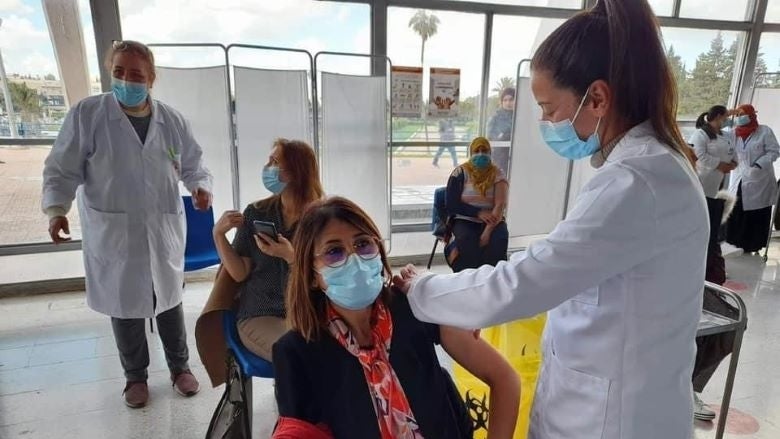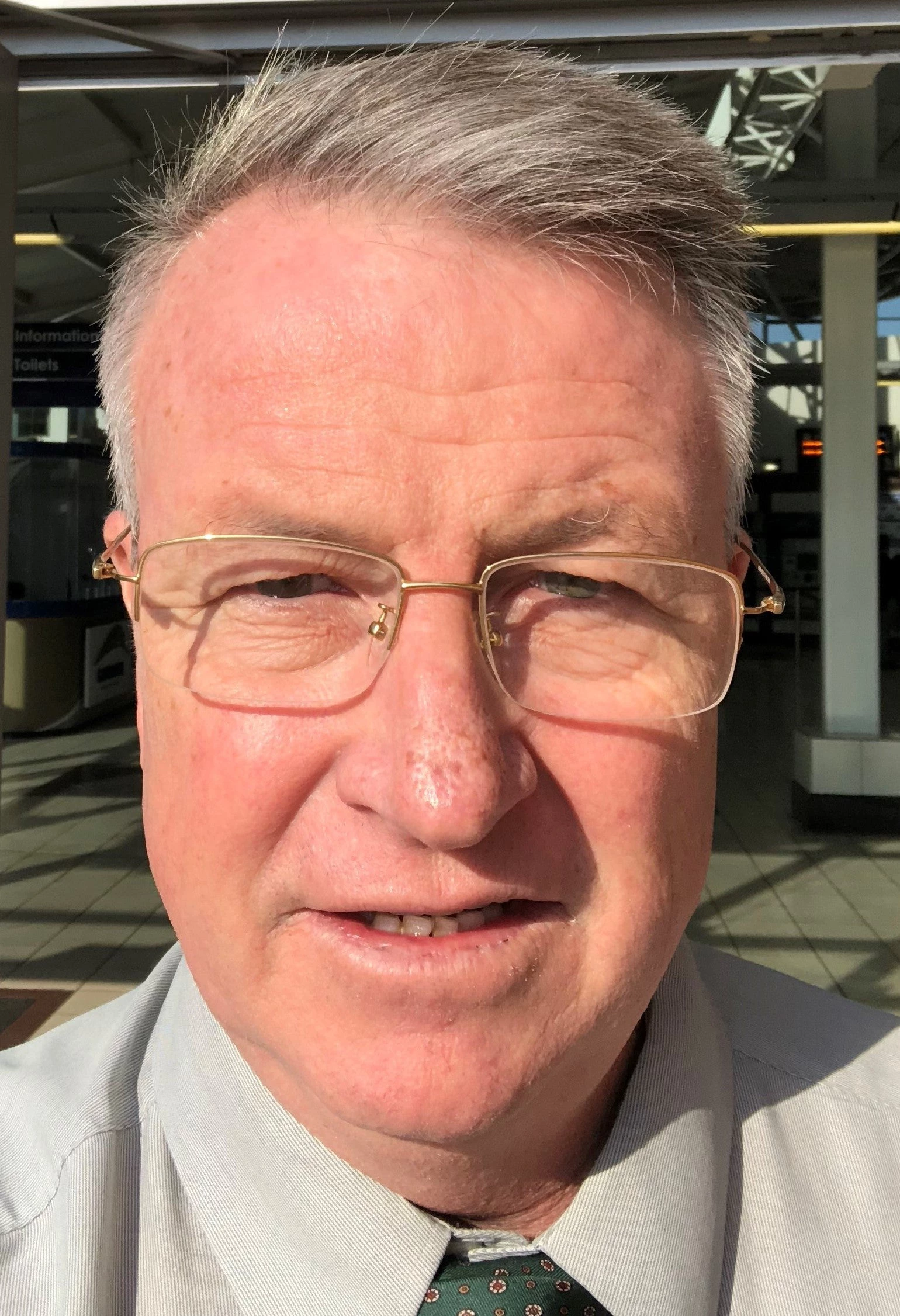 Photo:
Photo:
Over a year into the devastating Covid-19 pandemic, countries around the globe are racing to roll out COVID-19 vaccines to reduce the spread of infections, prevent further deaths and restart economies.
As the world marks World Health Day 2021 with its theme “Together for a fairer, healthier world,” it offers a reminder that no one is safe until all are safe. Overcoming the pandemic and recovering from its devastating human, social and economic impact can only be achieved through joint efforts.
The pandemic has exacerbated inequalities and its impact threatens to push more people into extreme poverty, with the total rising to about 150 million by the end of this year. That’s why the World Bank Group has taken fast, comprehensive action to save lives, protect the poor and vulnerable, achieve sustainable growth, and rebuild in better ways.
The World Bank provides $12 billion for vaccine purchase and distribution
Between April and December 2020, we committed over $80 billion in financing. This includes $12 billion in finance to help developing countries purchase and distribute vaccines, tests and treatments to their residents, including displaced people and other vulnerable groups. The funding can also be used to strengthen country’s vaccination and health systems. So far, 11 country projects have been approved with another 40 under various stages of project reparation.
While developing countries still need greater access to vaccines, it is encouraging to see that COVAX, the global mechanism for pooled procurement and equitable distribution of COVID-19 vaccines has already provided vaccines to more than 90 developing countries.
But having vaccines is just the first step. As the biggest global vaccination campaign in history picks up pace, the distribution of COVID-19 vaccines within countries presents challenges unprecedented in scale and speed, especially in poor countries. Overseeing a large scale, rapid vaccination campaign is a massive task for any country, particularly for those with limited resources or affected by fragility, conflict and violence.
Assessing country’s readiness for massive vaccination campaigns
In November 2020, anticipating the availability of safe and effective vaccines for COVID-19, the World Bank together with governments, WHO, UNICEF, the Global Fund, and Gavi rolled out readiness assessments in more than 100 low- and middle-income countries looking at key indicators that need to be in place for mass vaccinations:: cold chain & logistics; population prioritization; budgeting; training of healthcare personnel, safety surveillance and public engagement strategies to explain the benefits of vaccination and address vaccine hesitancy.
The country assessments show that most countries are ready to start vaccinations with 85 percent of countries having set up national vaccination plans and 68 percent having vaccine safety systems to collect information on possible adverse reactions.
But major gaps remain that need to be addressed. Less than a third of the nations surveyed, however, have programs in place to train the large number of health workers they will need and only 27 percent have social engagement strategies to encourage people to get vaccinated. The assessments provide highly valuable insights into countries’ preparedness and will feed into World Bank projects.
More vaccine manufacturing is key
Thanks to cooperation between governments, the private sector and international organizations, several vaccines to combat COVID-19 were developed in record time. Producing enough doses for the global population and injecting them in the arms of those who need them all over the world remains an immense challenge, unprecedented in scale, speed and complexity.
Ramping up vaccine production to overcome current shortages will require further partnerships across sectors. The Bank supports licensing deals and technology transfer to developing countries to increase supply and local production in different parts of the world, especially in sub-Saharan Africa. IFC, the WBG’s private investment arm, is making $4 billion available for this purpose.
Making health systems stronger for the future
The Bank is involved in long-haul efforts to build up the resilience of health systems that are stretched to the limits by the pandemic, revealing their weaknesses. In many cases, countries faced the human losses caused by Covid-19 as well as those inflicted by severe disruptions to essential medical services, particularly to the most vulnerable, including women and children.
Together with the Global Financing Facility for Women, Children and Adolescents we are strengthening frontline community and primary care services and systems and assist countries as they invest efficiently to create stronger health systems, better equipped to deal with emergencies and mitigate their impact in the future.
Partnerships are key
Effective partnerships and cooperation within countries and across regions are at the heart of all of our work. Partnerships between developing countries, bilateral donors, Multilateral Development Banks, UN agencies, foundations, international health organizations, the private sector and CSOs are at the core of the international effort to beat the pandemic.
One such partnership is the Access to COVID-19 Tools Accelerator (ACT-A) which brings together governments, scientists, businesses, civil society, philanthropists and global health organizations to speed up an end to the pandemic by supporting the development and equitable distribution of the tests, treatments, and vaccines. The World Bank along with WHO and the Global Fund is leading the health systems connector which supports supports the in-country delivery of COVID-19 tools by helping countries strengthening capacities and infrastructure.
One year into the pandemic, we have made some good progress, but major challenges are on the road ahead of us and in the spirit of today’s World Health Day we need to continue to work together to strengthen health systems for tomorrow. This will improve health outcomes for people, help ensure countries are better prepared for health emergencies, and lead to increased global health security for us all.


Join the Conversation